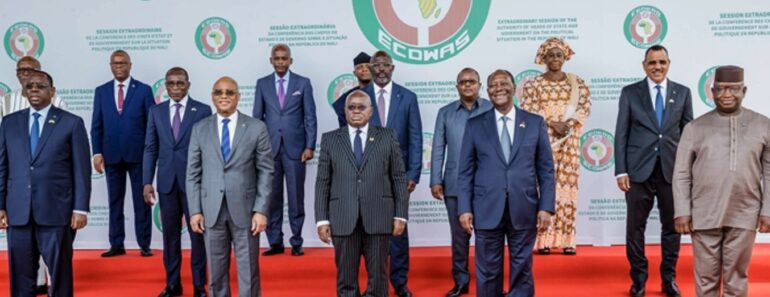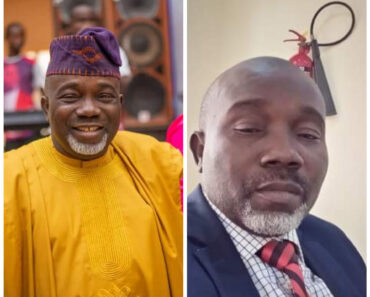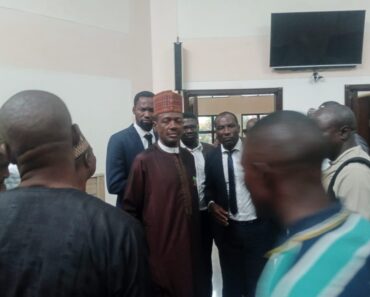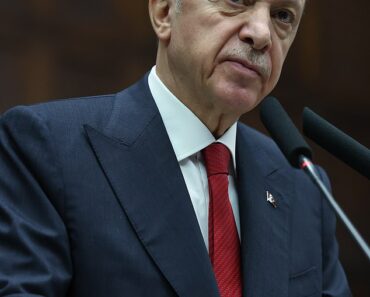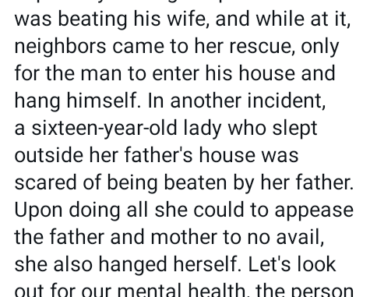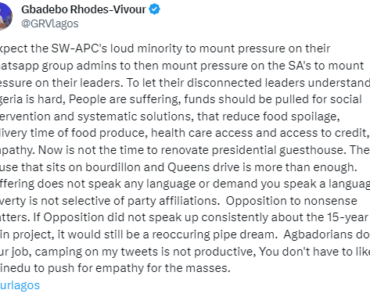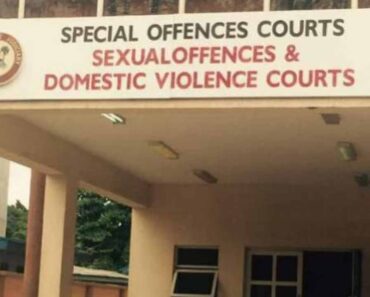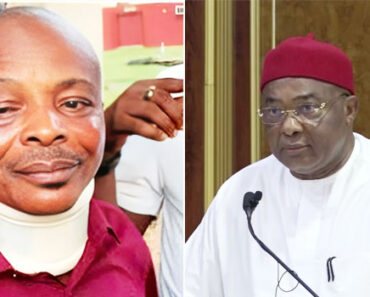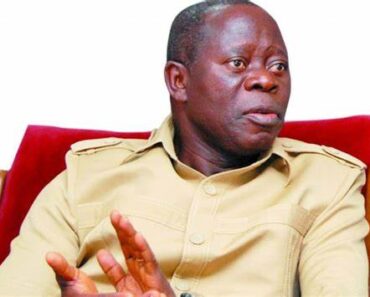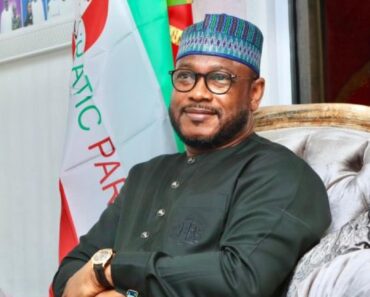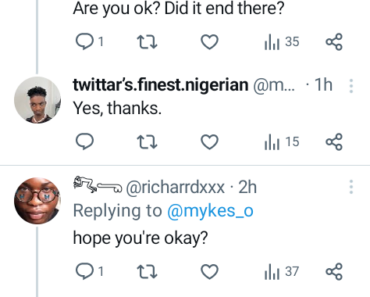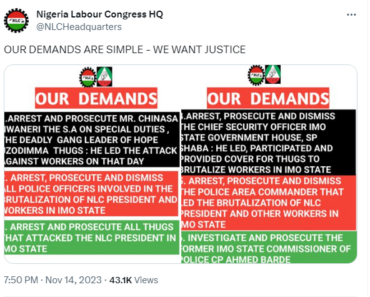[ad_1]
The recent military takeover in Niger has generated a situation of political crisis which still seems far from being resolved. ECOWAS member countries, opposed to the coup, have categorically rejected the idea of a three-year political transition proposed by the military in power. Abdel-Fatau Musah, ECOWAS Commissioner for Political Affairs, Peace and Security, called the proposal “unacceptable”.
For the regional organization, the rapid restoration of constitutional order is imperative. This testifies to the continuing tensions in the region and the importance of finding a diplomatic solution to the crisis.
Read also: The Nigeria-Niger border under tension
ECOWAS in search of constitutional order
General Abdourahamane Tiani, who took over the reins of Niger following the coup, announced the idea of a three-year political transition as an ECOWAS delegation was in Niamey to seek peaceful solutions. However, this proposal does not find a favorable echo with the regional organization. ECOWAS maintains its firm position: the ousted president, Mohamed Bazoum, must be freed and reinstated in power.
Faced with the impasse, the use of force remains a potential threat wielded by ECOWAS, although it is actively exploring diplomatic solutions to resolve the crisis.
In a tense climate, demonstrations of support for the military in Niger took place, particularly in Niamey and Agadez. Slogans hostile to ECOWAS and Western powers, particularly France, resounded during these gatherings. France and the United States, present militarily in Niger to fight terrorism, have become important stakes in the current political crisis. The recent attacks perpetrated by armed groups have reminded us of the security fragility of the Sahelian region.
Precarious humanitarian situation
Beyond the political and security issues, the humanitarian situation in Niger raises concerns. Unicef is sounding the alarm, reporting that more than two million children need help because of the crisis. Rising food prices and economic recession are increasing the vulnerabilities of families and households. The economic sanctions imposed by ECOWAS on Niger since July 30 have also had an impact on the country’s economic situation.
As diplomatic negotiations continue and positions crystallize, hope for a peaceful resolution and restoration of constitutional order remains strong. Niger’s political future and the region’s stability will largely depend on the ability of national and regional actors to work together to find lasting solutions.
→ READ ALSO: The Nigeria-Niger border under tension
→ READ ALSO: ECOWAS in the face of the crisis in Niger: What motivations for military intervention?
→ READ ALSO: Niger: More than 2 million children in an alarming situation
[ad_2]
Mots clés: #ECOWAS #Refutes #3Year #Transition
→ READ ALSO : An Emergency Program Of 516 Billion FCfa To Guarantee Universal Access To Energy
→ READ ALSO : Xiaomi’s Smart Fryer Is Now Half Price On Aliexpress
→ READ ALSO : Suggestively Dressed Dancer Gets the Internet Talking (Photo)
Suivez tous les scores en direct ici !


